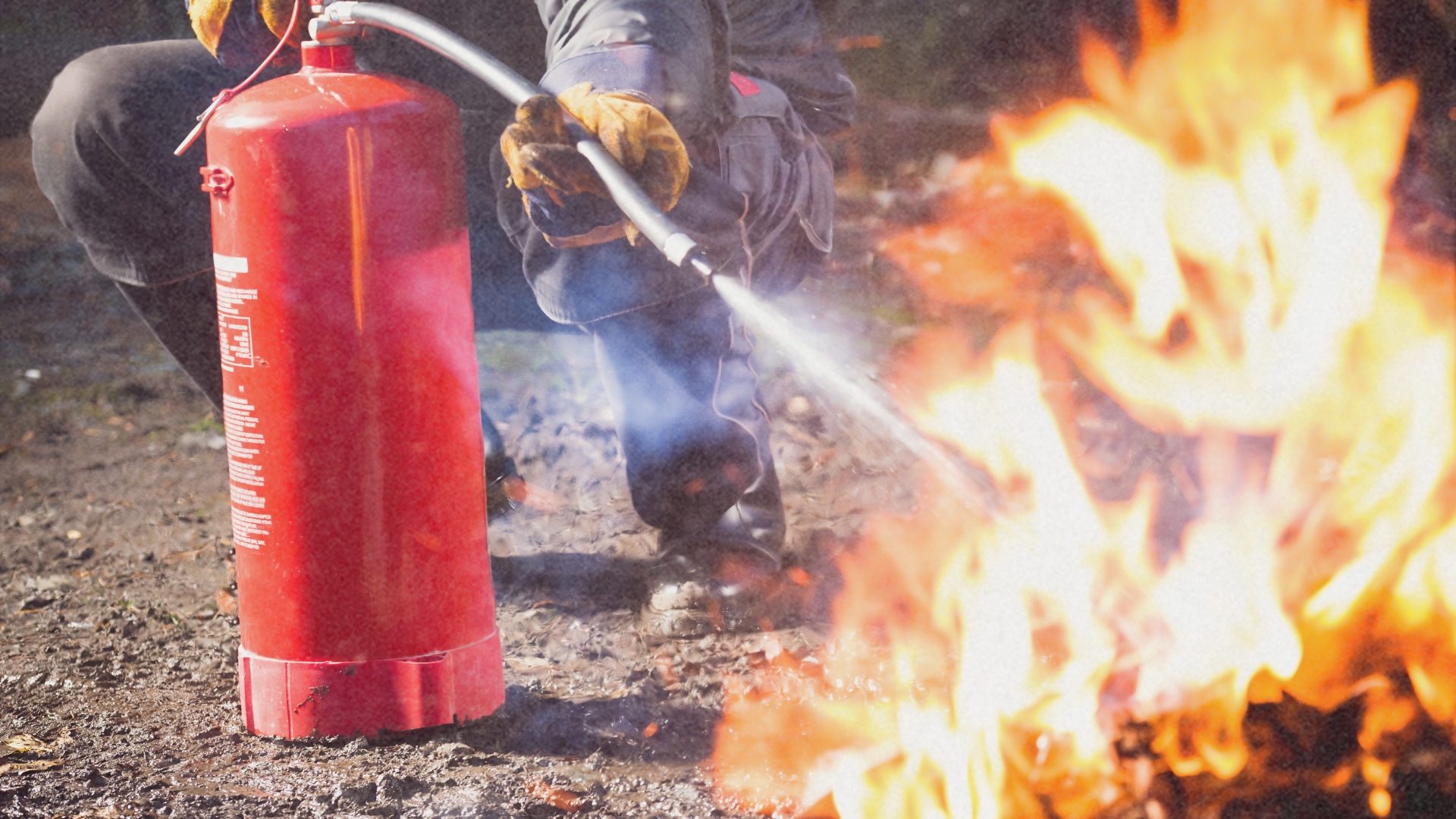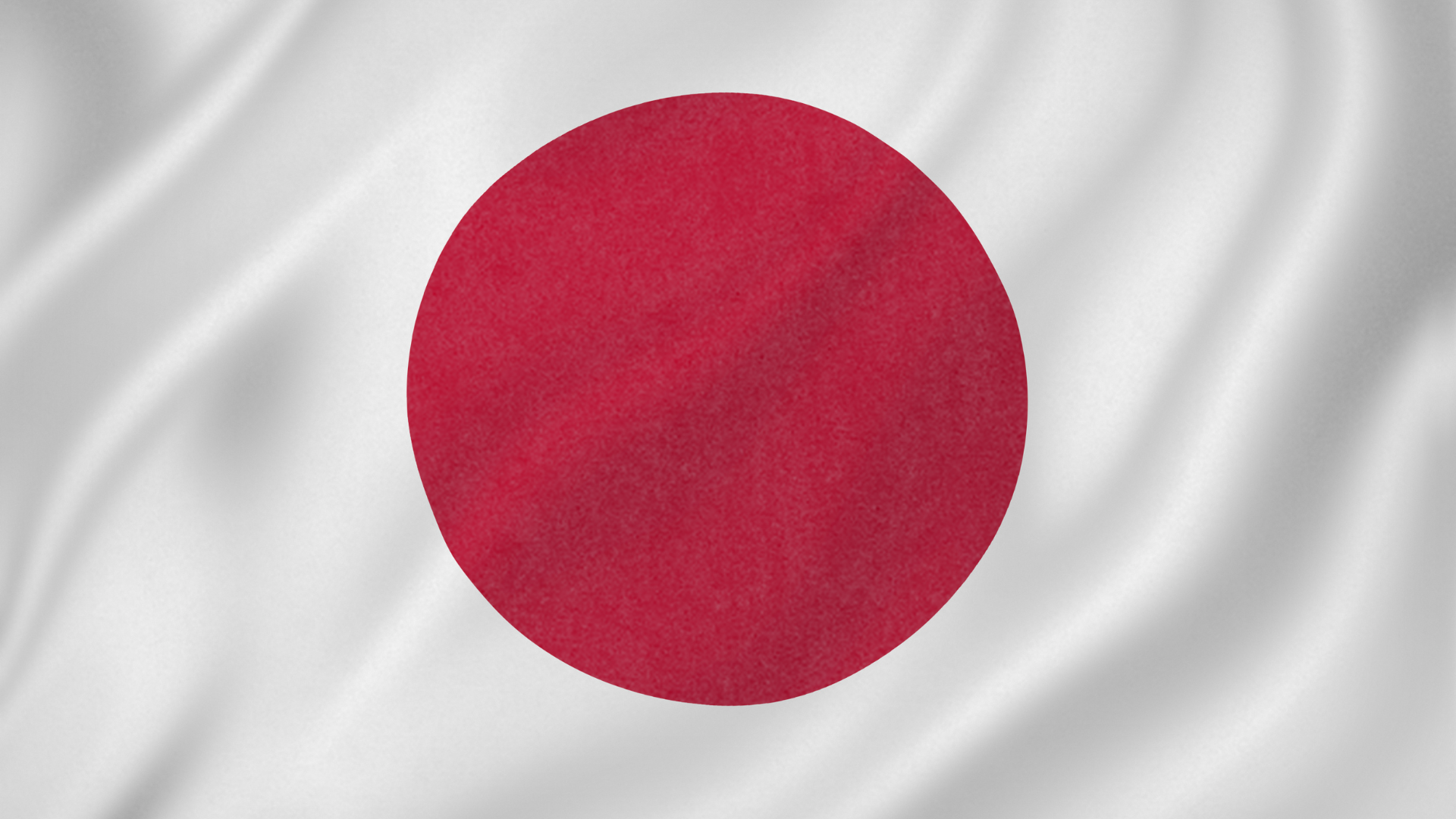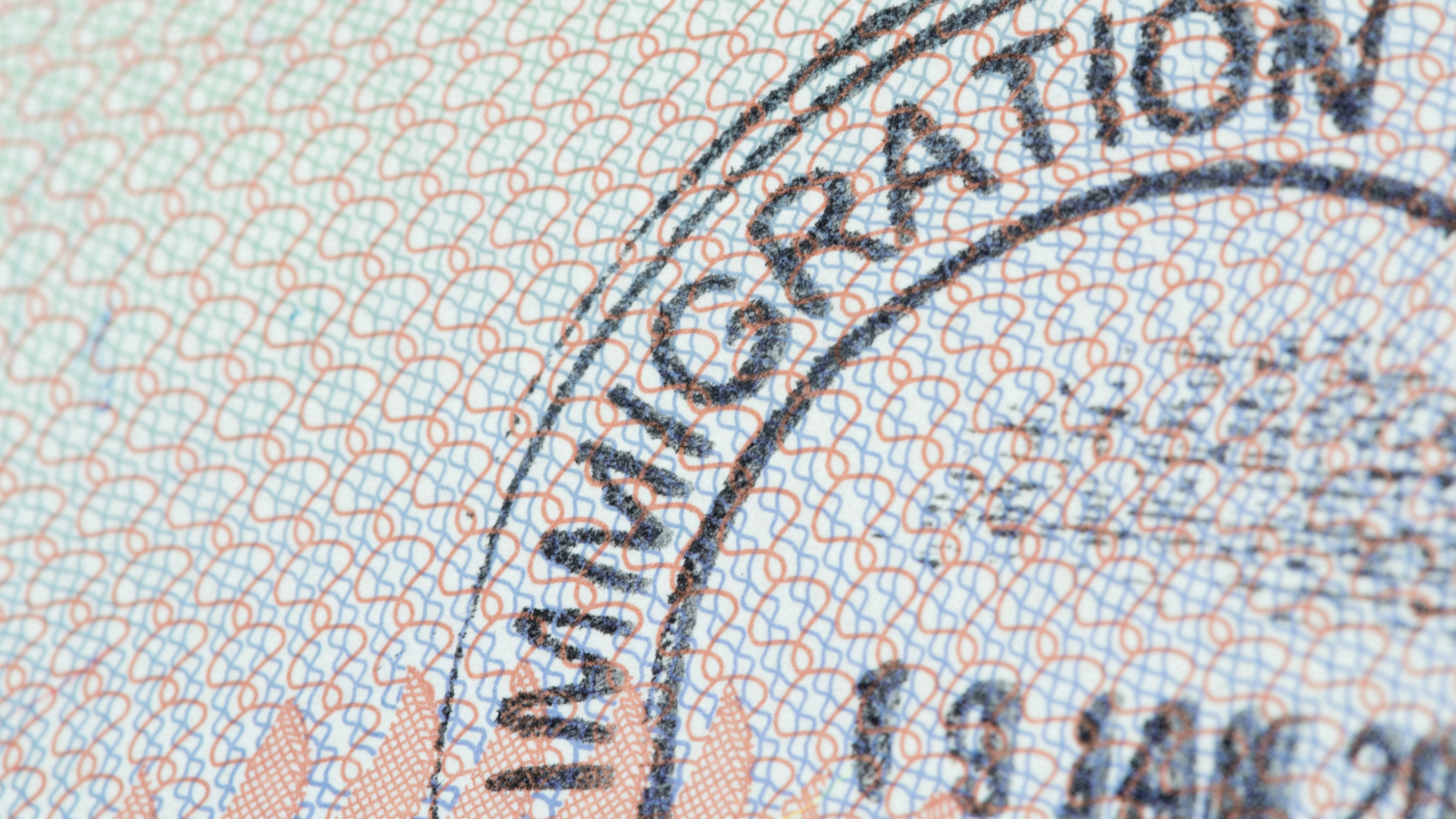Prosecutors in the impeachment trial of Supreme Court Chief Justice Renato Corona announced on Tuesday (February 28) that they are resting their case, dropping Articles of Impeachment 1, 4, 5, 6 and 8.
On the 25th day of the trial and on the day of the huge rally by the Iglesia Ni Cristo seen largely as support for the embattled Chief Justice, the prosecutors said they will ‘stand or fall’ on the three articles of impeachment they chose to keep.
The remaining bases of the impeachment complaint are Article 2, which pertains to Corona’s nondisclosure of statement of assets, liabilities and net worth, or SALN; Article 3 which deals with lack of probity, integrity and independence resulting in flip-flopping decisions and; Article 7 which claims Corona issued irregular issuance of a temporary restraining order on the hold-departure order on former President and now Pampanga Representative Gloria Macapagal-Arroyo.
The dropped articles are: Article 1, which accused Corona of “partiality” in cases involving the Arroyo administration. Article 4 charges Corona with disregarding the principle of separation of powers by issuing a status quo ante order against the House of Representatives in connection with the impeachment case of then Ombudsman Merceditas Gutierrez, who later resigned;
Article 5, which said Corona showed “arbitrariness and partiality” in the creation of 16 new cities and the promotion of Dinagat Island into a province;
Article 6, which claimed Corona allegedly arrogated unto himself the authority to investigate Supreme Court associate justice Mariano del Castillo to exculpate him of plagiarism charges; and
Article 8, which accused Corona of failure and refusal to account for the Judiciary Development Fund and the Special Allowance for the Judiciary collections.
Iloilo Representative Niel Tupas Jr. said they reserve the right, however, to present evidence on Corona’s highly contested dollar accounts with the Philippine Savings Bank.
The withdrawal of several articles is seen as a response to the prosecution’s difficulties in getting more substantial witnesses. The impeachment court earlier warned it would be strict in issuing subpoenas, noting the prosecution was relying too much on the court’s muscle to build their case instead of getting witnesses themselves.





